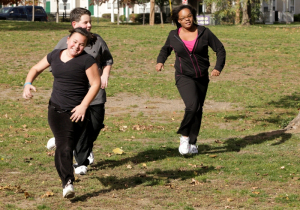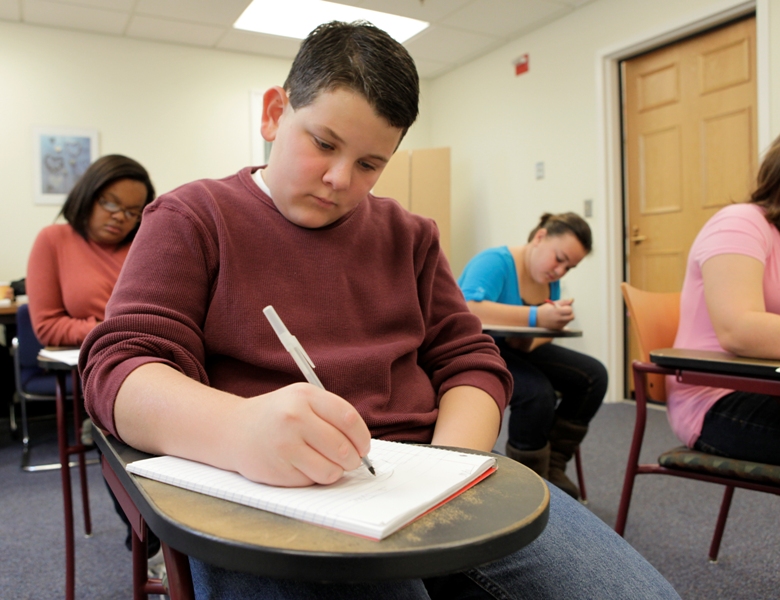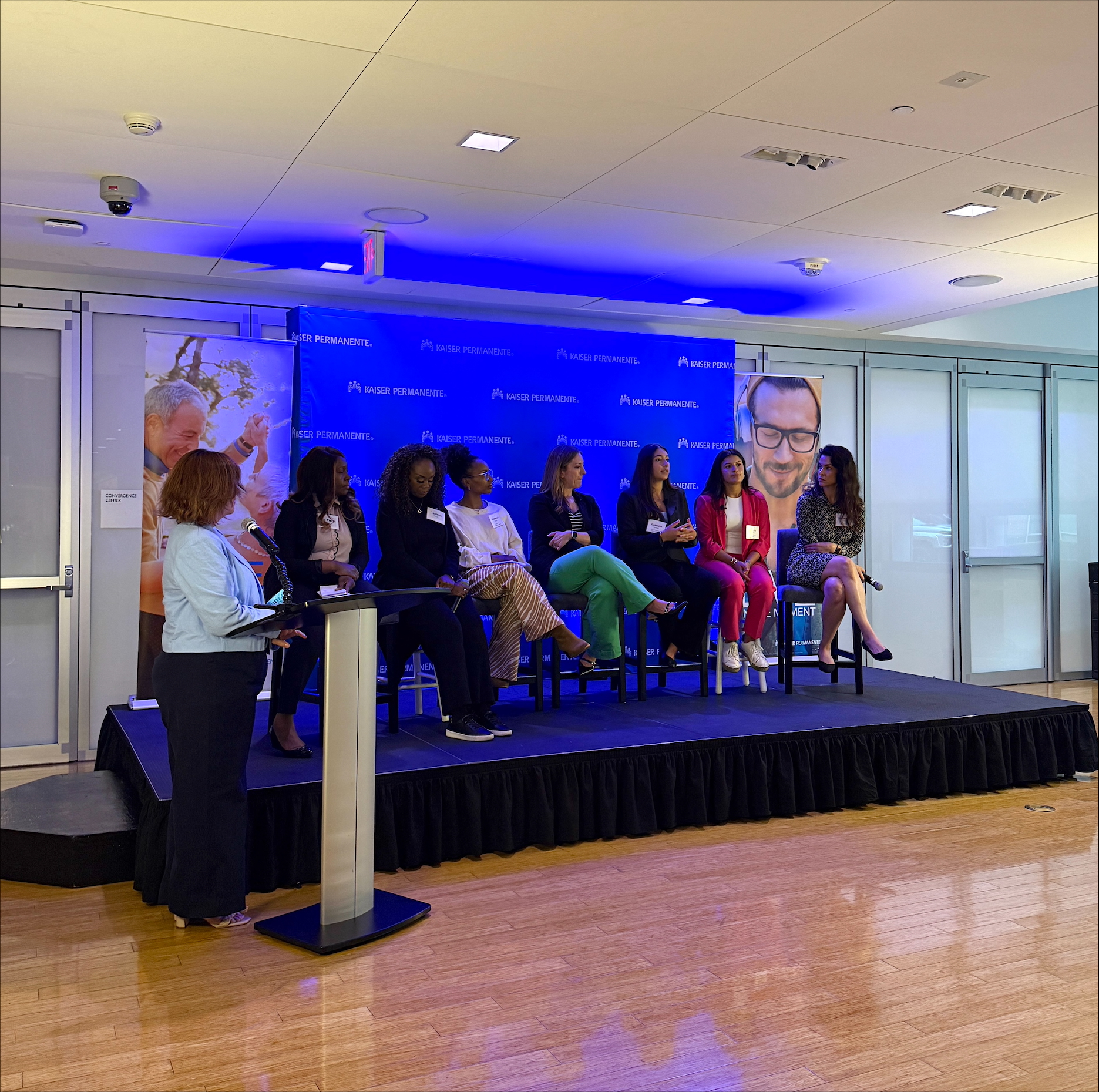“Obesity carries with it one of the last forms of socially acceptable discrimination. We, as a society, need to make every possible effort to eradicate it from our culture.”
~ Joe Nadglowski, President & CEO, Obesity Action Coalition
As a society, we tend to express a lack of empathy for people who are obese, too often tied to the belief that people who are obese lack self-discipline.

While the causes of the empathy deficit and persistent ignorance surrounding obesity are complex, the result is plain and simple. We live in a world that accepts bias against people who are overweight, and our children suffer as a consequence.
According to researchers at the Yale Rudd Center, adolescents report that they see weight-based teasing happening at school more often than other types of teasing. Research by Rebecca Puhl, PhD, and others shows that overweight students who are teased or bullied may be more likely to skip school. These students also report that being bullied interferes with their ability to perform well in school, and that school bullying policies are not enforced when it comes to weight-based teasing.
Resources from the Yale Rudd Center
The Yale Rudd Center is working to draw attention to the consequences of weight bias, noting that students who are teased or bullied because of their weight may experience depression, social isolation, and suicidal thoughts. They may be more likely to avoid physical activity, due to low self-esteem or fear of being teased by peers who perceive them to be less athletic.
Fortunately, the Yale Rudd Center has produced a wealth of accessible resources (handouts, fact sheets and videos with discussion guides) that educators and parents can use with young people, their families, and other teachers.
Addressing weight bias
Puhl and colleagues advise educators and parents to be aware of these behaviors:
- Verbal comments such as name-calling, derogatory remarks or teasing directed at overweight children and youth
- Social exclusion, such as ignoring or not including overweight students in activities
- Humiliation of an overweight student through spreading rumors or cyber-bullying
And they offer these tips for addressing weight bias:
- Educate yourself. Understand the multiple complex causes of obesity so you don’t make false assumptions about people who are overweight or obese.
- Intervene. When you see teasing and bullying happen, intervene to stop the behavior. (Tips for intervening are provided in the handout How to Address Weight Bias in Your Classroom .)
- Include positive role models. Identify role models with diverse body types and help children to understand that people of all shapes and sizes can be successful.
- Be sensitive. Be careful of how you discuss weight in the presence of children. Use sensitive and appropriate language. Avoid situations of potential embarrassment for overweight and obese children, where they may feel singled out or excluded.
- Emphasize health, not appearance. Encourage healthy lifestyle habits for all children, regardless of their body size.
Videos for teachers, parents, staff, and students
The Rudd Center has produced several videos, including, Weight Bias at Home and School, which is narrated by Emme, an author, television host and former “plus size” supermodel. This video can be used in teacher trainings, PTA meetings, and community settings. Another video, Weight Prejudice: Myths and Facts (pictured above), is intended for teens and stars an engaging, confident high school student who is fed up with stereotypes, mean people and insensitive teachers and has more than enough moxie to undercut all three with facts.
Additional resources
The Rudd ‘Roots Parents website provides parents with resources for building community, garnering support of key stakeholders, gathering information, and proposing policy changes for healthier schools.
As participants in the Institute of Medicine Roundtable on Obesity Solutions, Puhl and Theodore Kyle argue in a new commentary that pervasive bias toward individuals with obesity impedes progress toward evidence-based solutions.
Many resources exist to help schools help kids to understand that bullying is never okay. An accessible primer is found in What Works and Doesn’t Work in Bullying Prevention and Intervention?, from the National Association of State Boards of Education.
Extra credit
Teachers of journalism, media literacy, psychology, ethics and related courses may be interested to share the Yale Rudd Center’s Image Gallery with their students. The library offers photographs and b-roll video footage to news media, free of charge, in an effort to displace negative images with neutral and positive ones.




